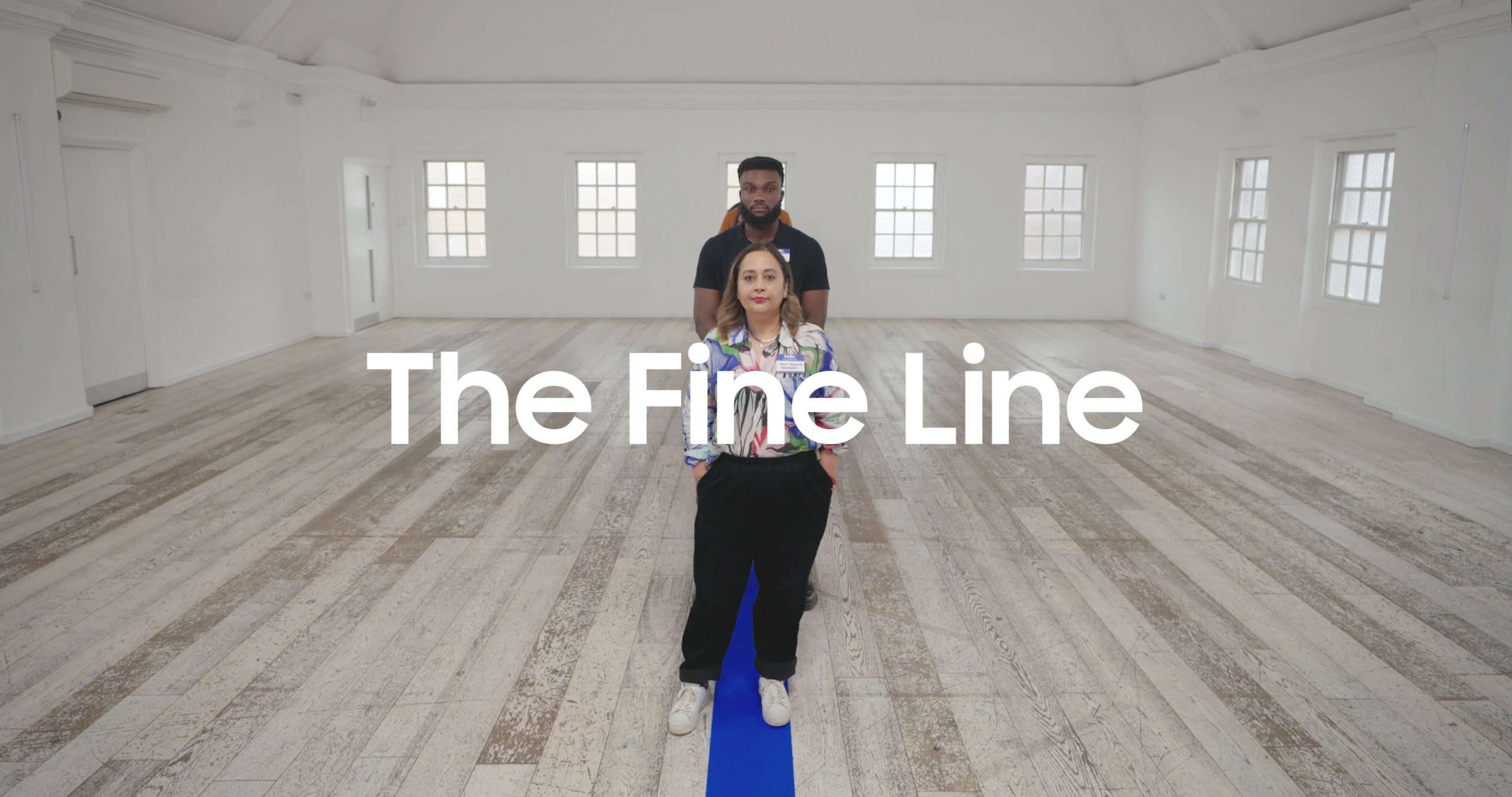Research reveals the extent to which adults from diverse ethnic communities experience bias in social or workplace settings, simply because of their name. Spotlighting an underbelly of prejudice in the UK, which is fuelling ‘name bias’, nearly half (48%) of 500 minority respondents felt they’d been treated differently based on their name.
The study, conducted by Samsung UK & Ireland and OnePoll, surveyed a diverse sample of 2,000 white and minority UK adults. Some of the most frequent misconceptions made about the names of those from diverse ethnic backgrounds are related to where they’re from (39%), their cultural heritage (31%), and a false assumption that English isn’t their first language (27%).
These misconceptions highlight the fact biases exist in many different forms, and unless we awaken the nation’s consciousness to the impact of these prejudices on individuals, minority ethnic communities will continue to feel marginalised and misunderstood.
The research also showed that over a quarter (26%) of minority respondents have been asked to repeat their name multiple times when meeting someone for the first time, with 16% being asked if it’s their ‘real’ or ‘full’ name. And if that wasn’t bad enough, 14% of minority respondents said people have avoided saying their name altogether – that’s compared to only 2% of white survey respondents, a seven-fold increase.
Jessie Soohyun Park, Head of CSR at Samsung UK said: “We know biases exist all around us – whether it’s gender, disability, race or culture. But with this study, we wanted to go one layer deeper to understand the impact that our names can have on how people perceive us. We know that people can sometimes feel judged or misunderstood with their names. While many Koreans adopt an English name when studying or working outside of Korea, what’s important is that we celebrate the coming together of different cultures and values that we share and experience every day.”
When looking at the workplace, name bias was also evident. What’s most alarming is that nearly a quarter (24%) of all respondents have witnessed others on the receiving end of discrimination in the workplace because of their name; and more than one in 10 (12%) minority respondents have felt the need to use different names in job applications or interviews. The study also found that 16% said having or using a ‘western-sounding’ name has benefited them; this is felt most acutely by those from Arab descent (21%), followed by the Black community (19%).
Professor Pragya Agarwal, a behavioural and data scientist, Visiting Professor of Social Inequities and Injustice at Loughborough University, and author of ‘SWAY: Unravelling Unconscious Bias’, said: “Names, much like our gender or racial identity, can be first triggers for stereotypes and assumptions about people, sending signals about who we are and where we come from. It is laziness, yes, but people very easily fall back on these assumptions. In my research and consultancy, I have seen how name discrimination is very widely spread during hiring and recruitment to career progression and leadership opportunities in the workplace.
“Such discrimination is often rooted in our implicit cognitive biases, but that does not mean that the impact is any less harmful. For many of us, names signify our cultural heritage, our histories, and our family values. It is important that organisations and workplaces do more to see people as individuals, and names are an integral part of people’s identity. Addressing name-based microaggressions, and its intersectional impacts’ is an important step towards creating a culture of belonging and respect for everyone.”
“Embracing cultural difference and the value that different perspectives can bring, is intrinsic to building a positive, inclusive society that ultimately brings people together. I believe that names are not just labels to identify us, but important emblems that carry stories of heritage and identity. Let’s build a culture where no one feels judged or silenced by the syllables that shape their identity,” added Jessie Soohyun Park, Head of CSR at Samsung UK.
To address this, over a fifth (22%) believe promotion of correct name pronunciation and understanding of cultural significance will help to reduce name bias in the workplace. 19% would even like to see anonymous job applications where names are removed from CVs to help alleviate prejudice.
*To coincide with the research, Samsung UK conducted a social experiment ‘The Fine Line’ where six people were asked their views on nicknames and name bias in the workplace. You can watch the full video here.
* Research was commissioned by Samsung UK & Ireland and conducted by OnePoll.









